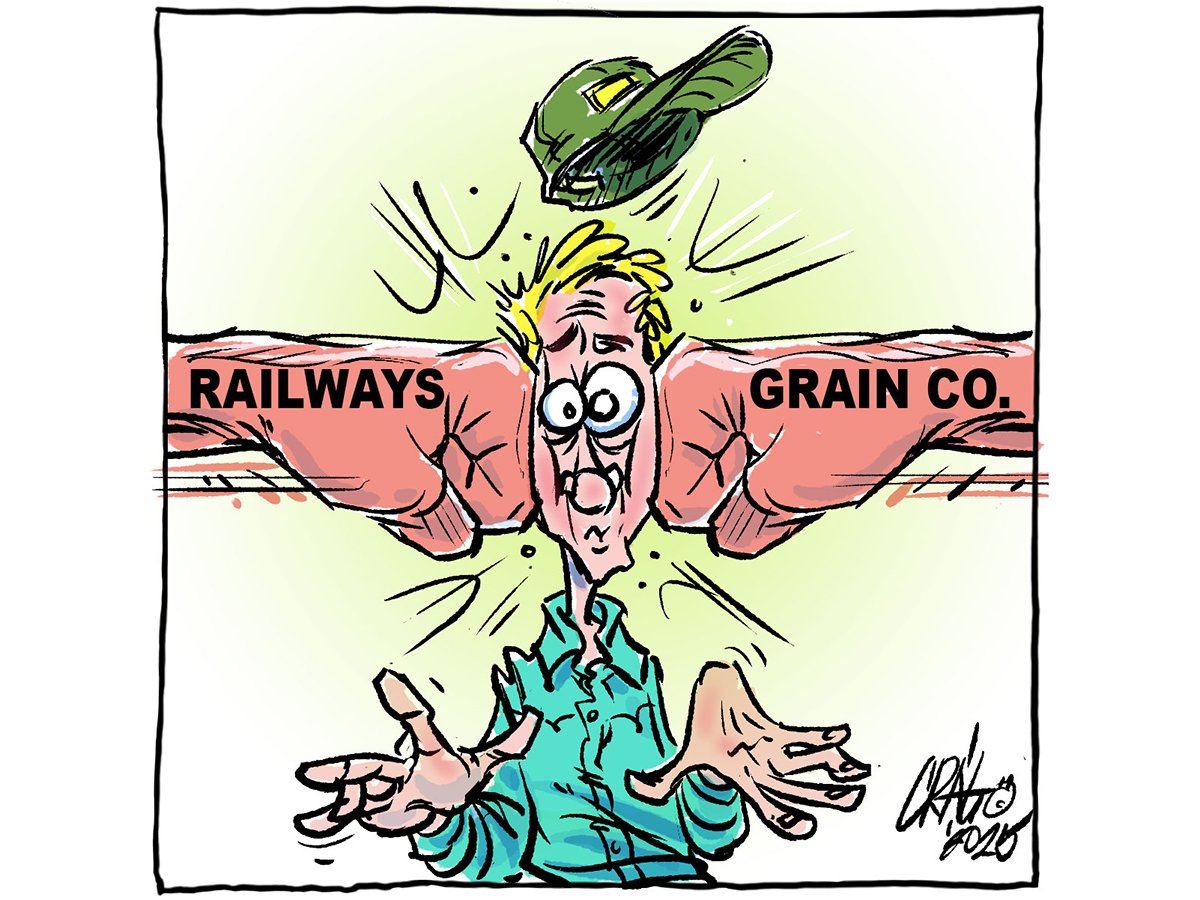There’s an old joke that goes something like this.
A Prairie farmer returns home from a day in town to discover that a hailstorm has wiped out his crop, a lightning strike has burned down his barn and his wife has run off with the hired hand.
The farmer stands in his yard, raises his fist to the sky and cries, “damn the CPR.”
Read Also

High prices see cow-calf producers rushing to incorporate
Farm accountants are reporting a steady stream of cow-calf producers rushing to get their operations incorporated ahead of selling their calves this fall.
The black humour is a reflection of Prairie farmers’ complicated relationship with the railways.
Without them, there would be no way to get their crops to market, but working with them isn’t always easy.
Government regulations help level the playing field to some extent, but depending on a duopoly to provide necessary service can often be contentious business.
Complaints about the railways are as old as settlement, but while they were once rooted in western suspicions of eastern dominance, today’s complaints have more to do with worries that farmers take a backseat to corporate profit.
It’s not just farmers who complain about rail service.
The two railways recently released their grain delivery plans for the upcoming year, which also included a report card of the previous year’s service.
The rail companies gave themselves glowing performance reviews, focusing on the amount of grain and grain products that they moved last year.
Canadian National Railway said it transported 31 million tonnes of grain and processed grain products, more than one million tonnes more than the previous record.
Canadian Pacific Kansas City said it moved more than 27 million tonnes of Canadian grain and grain products, the highest volume since the record-setting year of 2021-22.
However, the grain companies were less than enthusiastic about these numbers.
The Western Grain Elevator Association said the volume of grain moved is important, but it is not the only measurement to watch.
It is also important that the railways deliver grain when the grain companies need it to be delivered, and the WGEA says this did not happen last year.
It says 2024-25 was the worst year for weekly rail car order fulfilment since the industry started tracking that statistic a decade ago.
The railways have an answer to that — point the finger back at the grain companies.
CN argues that potential gaps in service could be avoided if grain customers provided it with better forecasting and communication.
The grain companies have their own answer.
“It feels like they are making excuses before the event happens,” said Wade Sobkowich, WGEA’s executive director.
Caught in the middle of these “they said-they said” showdowns are Prairie farmers.
As the railways and the grain companies cast blame at each, producers are the ones who suffer the consequences.
It would be understandable if they were to cry “a pox on both your houses” — and sometimes that’s what we hear.
What can be done to make it a little more comfortable working between a rock and a hard place?
Despite the current aversion to more regulation, that is definitely the go-to answer for many.
Farm groups have been demanding expanded interswitching provisions for some time, despite strong opposition from the railways.
However, expanding interswitching won’t help if the railways remain unprepared to face the extreme challenges that come with moving grain from the Prairies to port.
We may not want to slap tighter government-imposed regulations on the railways, but that always remains the ultimate solution.
Karen Briere, Bruce Dyck, Robin Booker, Paul Yanko and Laura Rance collaborate in the writing of Western Producer editorials.















